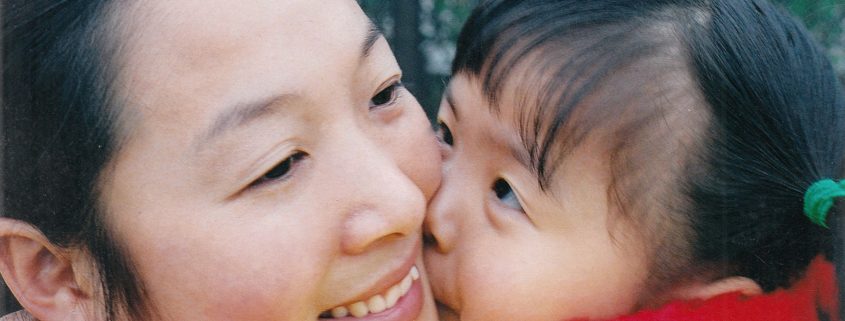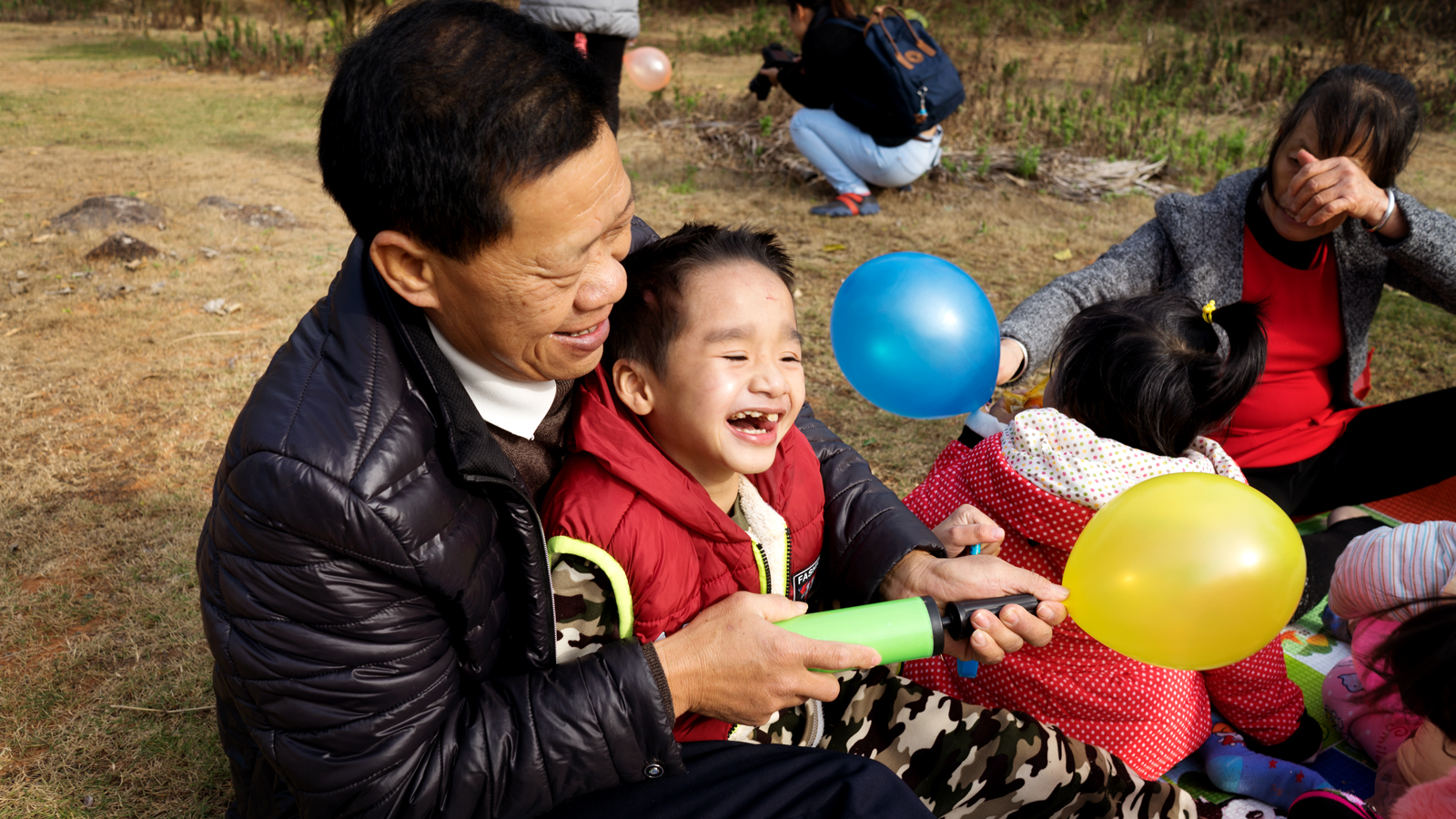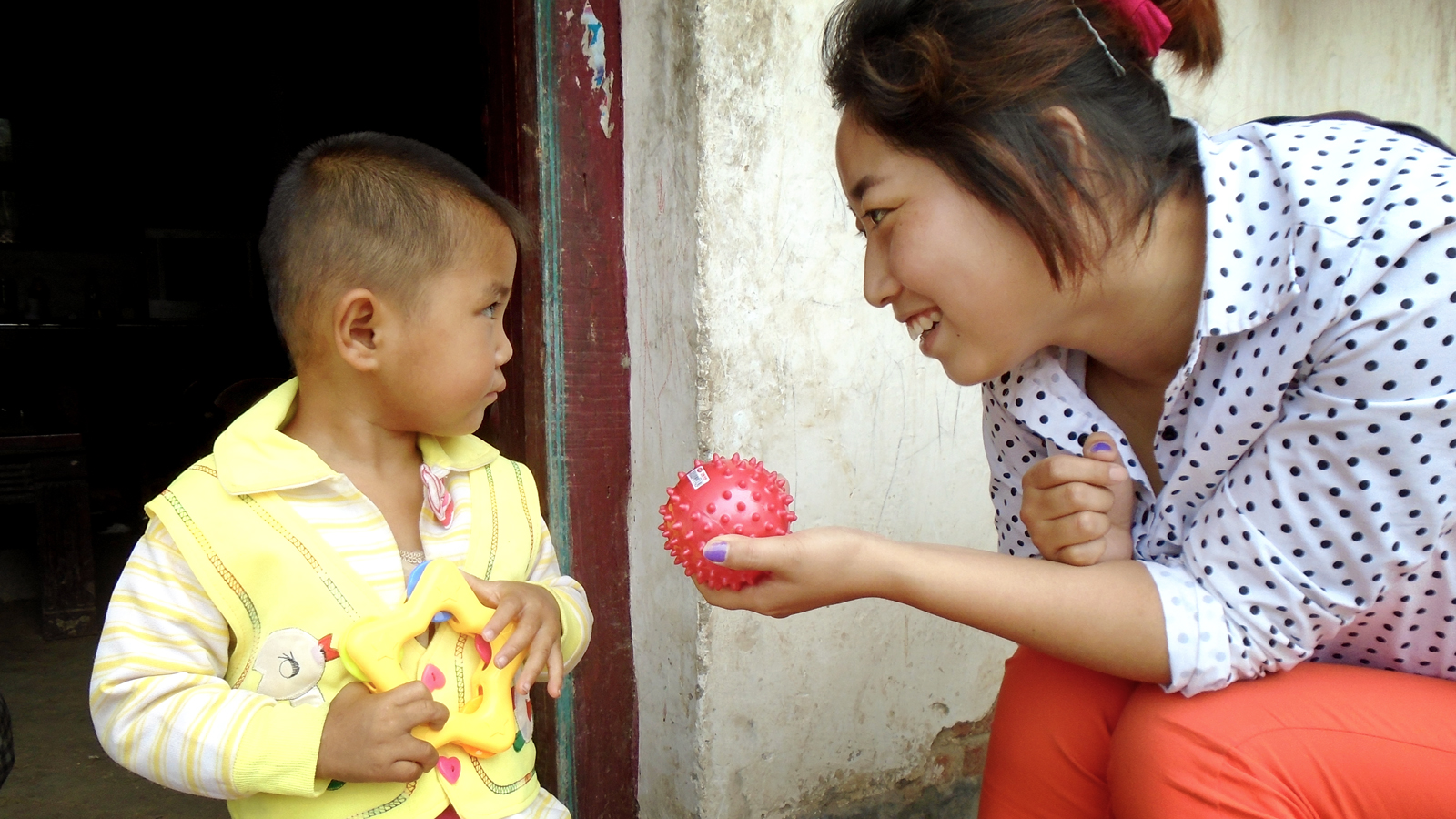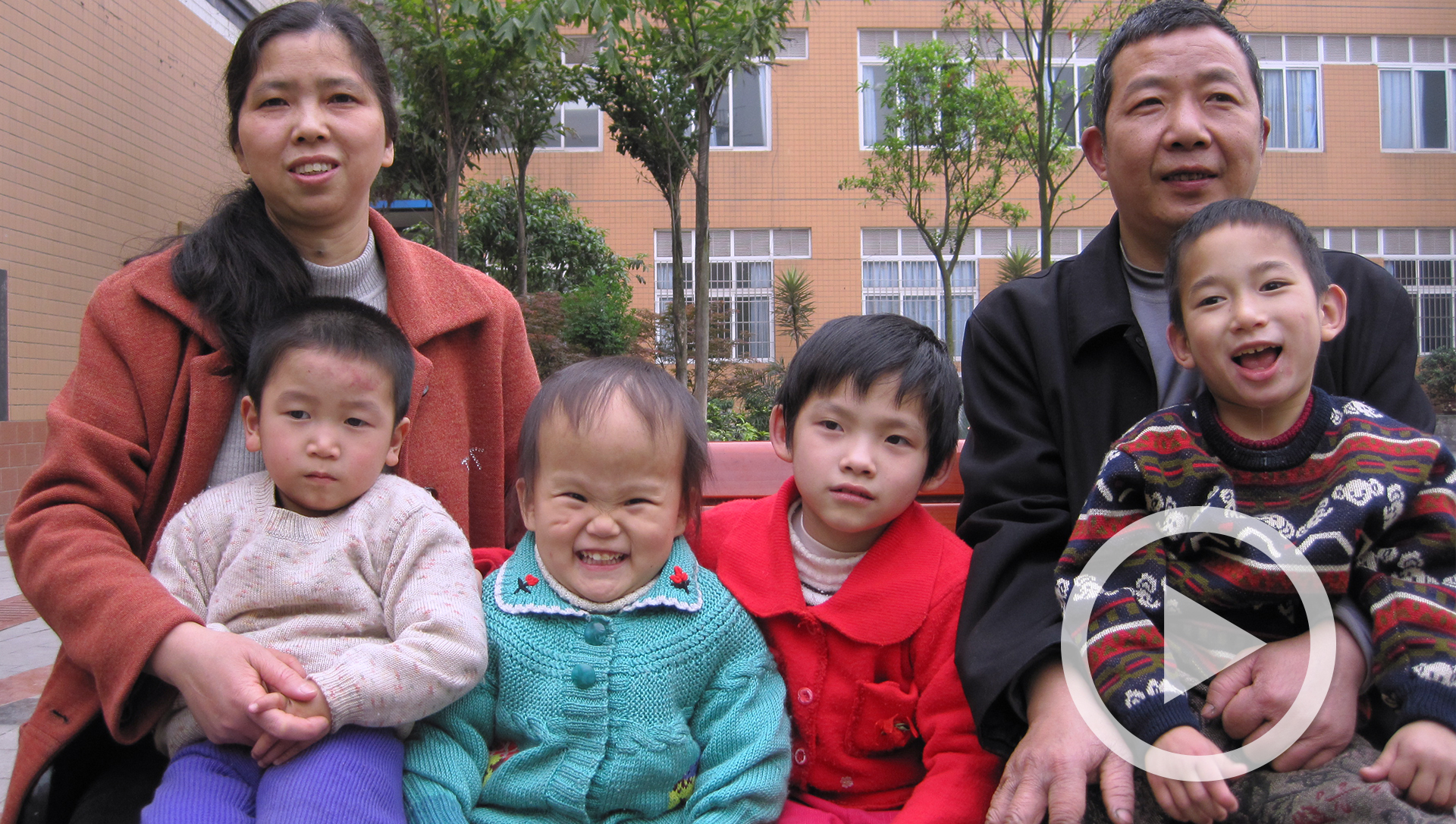Their Eyes Had Gone Dry-3
The Reggio Emilia Approach
takes its name from a city in northern Italy. There, in the wake of World War II, educators, parents, and children began working to create an educational system that would truly meet the needs of children who’d been through so much turmoil.
The leader in this, Loris Malaguzzi, viewed children as full of intelligence, wonder, and curiosity. The best way to nurture these qualities, he believed, was through loving and supporting relationships, with an emphasis on emotional development, and strong ties between the children and their teachers, and among the children themselves. Everything should be aimed at nurturing a child’s sense of self-worth.
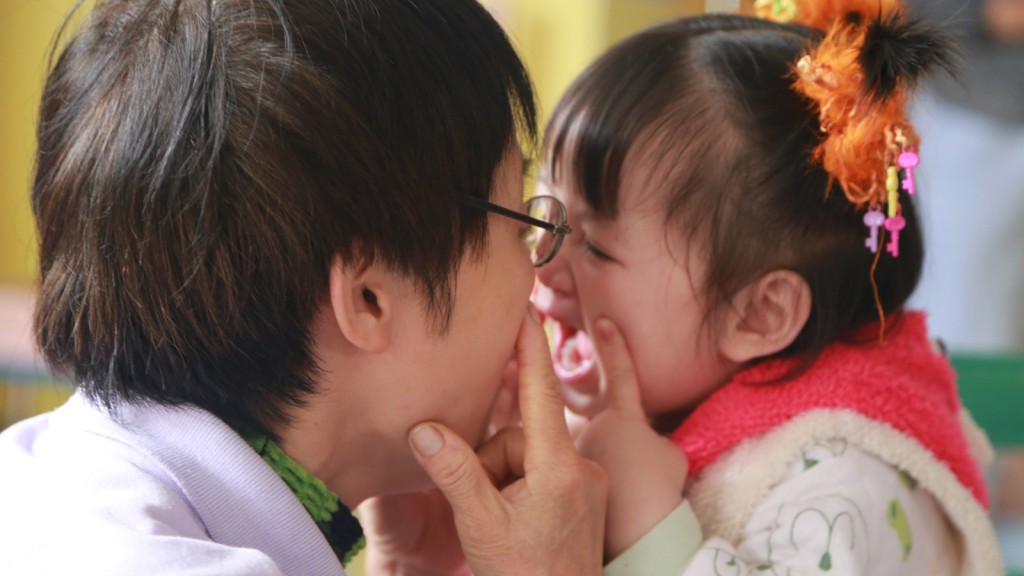
In the decades since, Reggio has spread to many countries, and has been recognized as one of the most effective ways to promote the wellbeing of young children and to prepare them for the world.
“From the moment the teacher first greets the children with love, until the end of the day when she says an affectionate goodbye to each one, the teacher works to create a warm, trusting relationship with each child,” Wen tells her students. “And the teacher follows the children’s interests to create activities.
“We need to help the children see how good they are, and how strong they can be, and how capable. This approach provides the emotional satisfaction of a loving relationship with an adult that is essential for healthy development.”
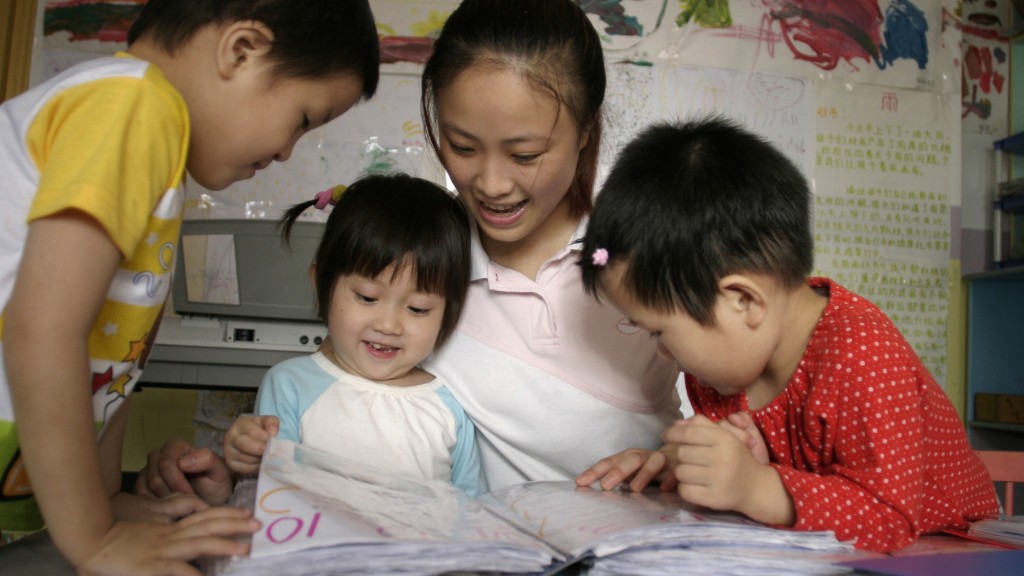
Once Du began her teacher training with Wen, she was soon learning one amazing thing after another—not just about the children, she recalls, but about herself. One realization still stands out: The Reggio philosophy’s emphasis on relationships includes the cultivation of deep ties between teachers and their teachers.
As Du learned to nurture a relationship with each child, a close tie that would help that particular child trust, open up, and thrive, she found herself going through the same process and growth in her work with Wen.
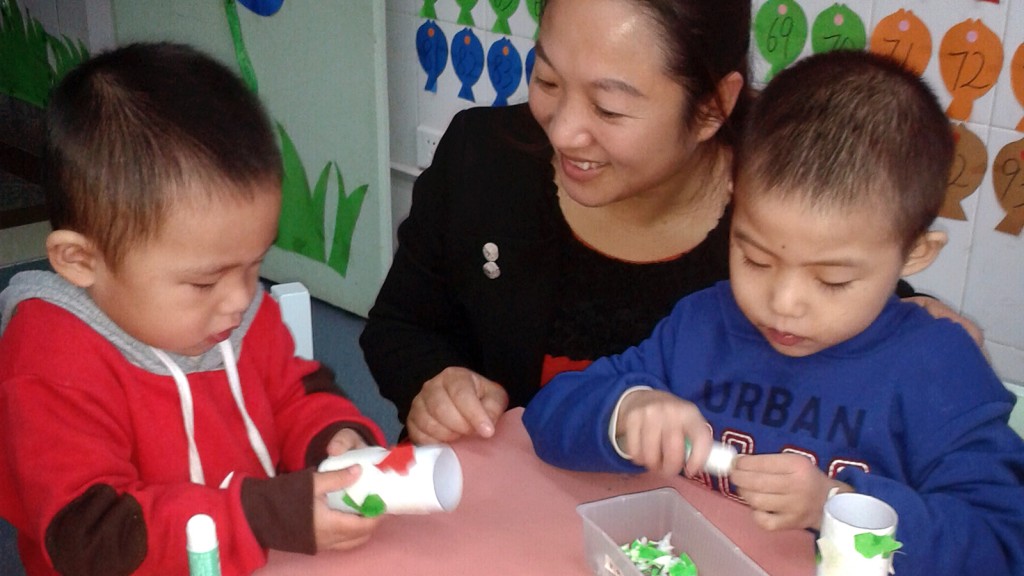
Wen’s approach opened up the new possibility of discussion, asking questions, reflecting. It was very different from the traditional hierarchical education Du had been used to, in which one is either obedient or giving orders.
“Wen would ask me what I had observed about a child, what changes I had seen, what I thought the next step should be,” says Du. “She trusted me to find answers. Gradually I began to trust myself.”
That’s the heart of Reggio, says Wen. “It’s not enough for teachers to know how to help children, the teachers also need help to develop themselves. In order for the children to be happy, the teachers have to be happy first, so they have empathy and perspective. I talk to them about how they need to learn to love themselves, and how happy and good they can be.”
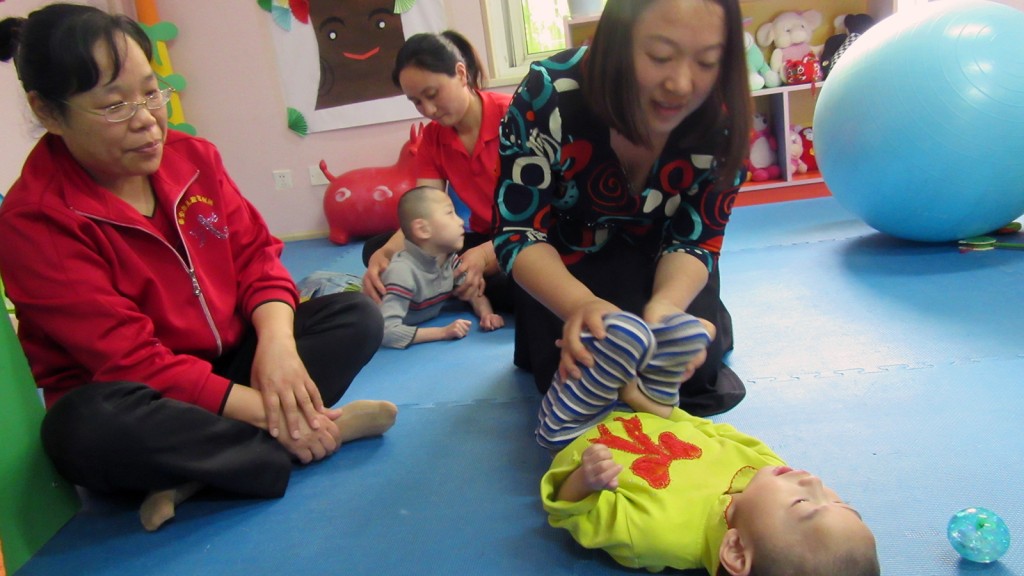
As Wen and Du have worked together, a feeling of deep mutual affection and trust has developed, a bond that continues to this day. Wen says she loves working with Du because of Du’s great sensitivity toward the children.
Read More>
< Read Part 1

